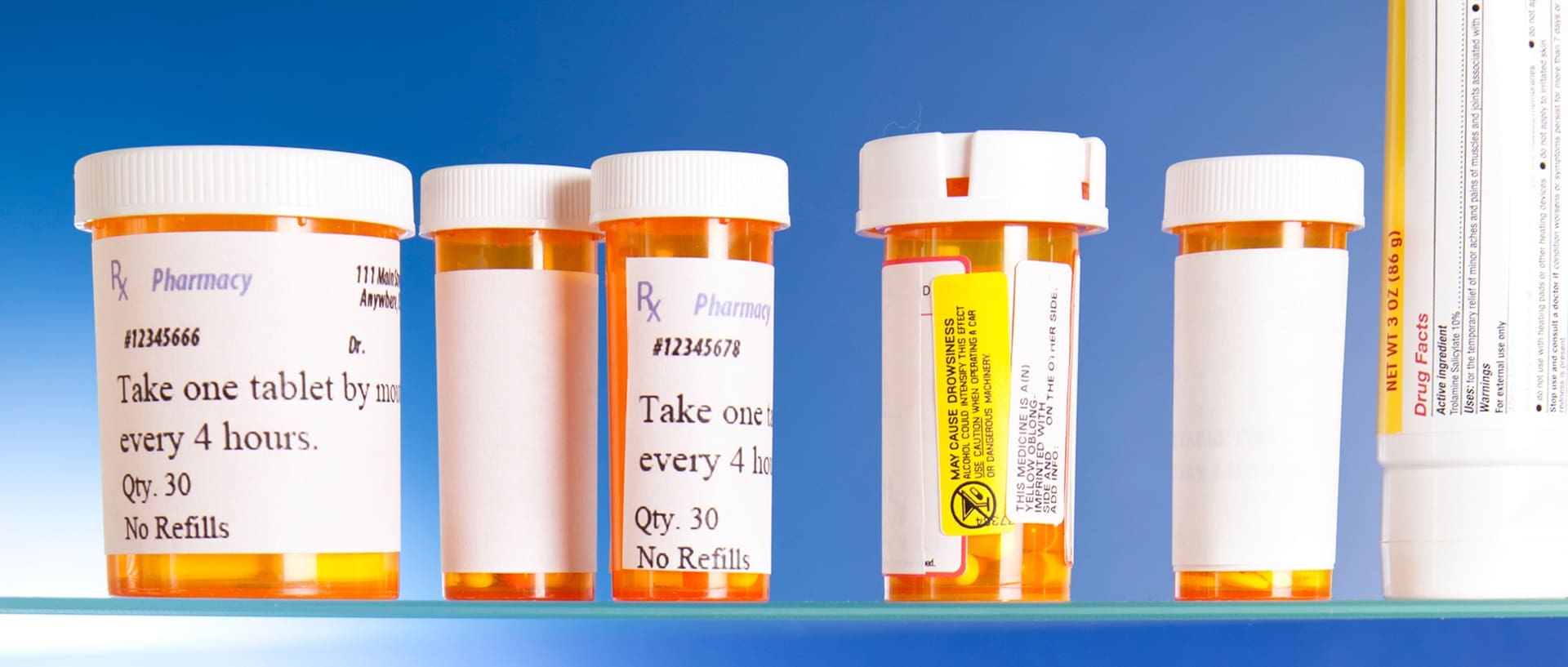It is not uncommon for people to dislike a visit to the dentist, but some people genuinely dread it. According to the Diagnostic and Statistical Manual of Mental Disorders (DSM), between 5 and 10 percent of people have “dental phobia,” which is an acute fear of seeing the dentist. Another 60 percent experience anxiety about a dental visit. One of the primary reasons people don’t like trips to the dentist is the fear of pain, the pain they might feel during any dental procedure, and the pain they might experience after the procedure as their mouth heals. As a result, it is not uncommon for dentists to prescribe opiates—powerful narcotics such as oxycodone, hydrocodone, and codeine, after a dental procedure to help reduce the pain a patient experiences while healing.
The problem with this “solution” is that these opiate painkillers are highly addictive, which can turn an unsuspecting patient into an opiate addict. David Bell, CEO of USA Mobile Drug Testing, explains:
“Opiate addiction can strike many well-meaning people who are prescribed this powerful medication to manage intense pain because the longer a person takes it, the more tolerant they will become, thus requiring a higher dose to achieve the same results.”
When a dentist prescribes an opiate painkiller to a patient, especially without explicitly warning them of the addiction risks, he or she is potentially putting that patient at-risk to become addicted to the drug.
Unfortunately, the abuse of opiate painkillers has become such a severe problem in America that the President has declared it a “national emergency.” Research from the Center for Disease Control (CDC) shows that as of 2016, there were over 2 million people in America who were abusing or dependent on prescription opiate painkillers. The CDC also reported that every single day, there more than 1,000 people who need to receive emergency room care because of prescription opiate misuse, and as of 2010, there were more than 214 million separate prescriptions for opiate painkillers. This number is enough to mediate all adults in America around the clock for 30 days.
Bell says that “According to the CDC, from 1999 to 2015, more than 183,000 people have died due to an overdose on opiates. That number continues to rise to the point where in 2016 alone, more than 53,000 people in the United States died from opiate painkiller abuse.”
Because of the frightening statistics, dentists should display extreme caution when prescribing opiate painkillers, especially for long periods of time. The American Dental Association (ADA) has even taken a proactive role in helping dentists to educate patients about the dangers of opiates to reduce the likelihood of them becoming addicted.
In 2016, the ADA stated that, among other things, highly encouraged dentists to use non-narcotic as the first remedy for acute dental pain. When a dentist does decide that a patient needs a medication stronger than an over-the-counter option, such as acetaminophen or ibuprofen, he or she must use extreme caution before prescribing an opiate.
Hopefully, the patient is forthright with his or her medical history, especially if in recovery from an addiction or if addiction runs in the family. But even if the patients do not offer any of their medical histories, the dentist does have a responsibility to make sure many the potential dangers of opiate abuse are clear. Some issues the dentist should be sure the patient understands include: what is the goal of the prescription, how long the patient should be taking the opiates, what the risks associated with opiate painkiller medications are, and what should do with any excess medication.
Dentists play an important role in keeping prescription opiate painkillers from becoming a source of abuse in the community. If a dentist suspects a patient is suffering from opiate abuse, he or she can suggest that person seek out a medical professional who specializes in treating opiate addictions. These medical professionals are trained specially to assist people who abuse opiates by offering emotional support as well as a treatment plan that may include anything from additional medications to just implementing a healthy diet and exercise into that person’s daily routine.
A reminder to both dentists and opiate painkiller abusers: help is always available, 24 hours a day, seven days a week. So don’t allow opiate painkillers to ruin the lives of patients or harm the community. Learn about the benefits of all on 4 implant dentures.


